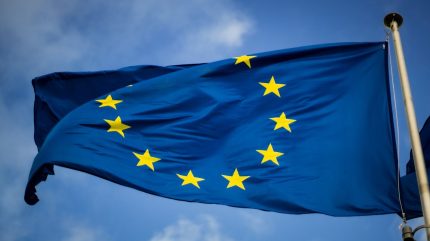
The Council of European Union (EU) has given the final approval for a regulation aimed at tracking and reducing methane emissions within the energy sector.
This move introduces new requirements for measuring, reporting, and verifying methane emissions, with a focus on transparency and compliance on methane emitted from the imports of oil and gas and coal.

Discover B2B Marketing That Performs
Combine business intelligence and editorial excellence to reach engaged professionals across 36 leading media platforms.
The regulation, part of the ‘Fit for 55’ package, mandates operators to measure emissions at the source and submit monitoring reports verified by independent bodies.
National authorities will conduct periodic inspections to ensure adherence to these new standards.
Operators are now required to detect and repair methane leaks, with specific timelines set for the repair or replacement of leaking components.
The new rules also prohibit venting and flaring of methane from certain facilities by 2025 and 2027, respectively, except in cases of emergency or malfunction.

US Tariffs are shifting - will you react or anticipate?
Don’t let policy changes catch you off guard. Stay proactive with real-time data and expert analysis.
By GlobalDataIn addition, the EU will track methane emissions from imported oil, gas, and coal, utilising global monitoring tools to enhance transparency.
Belgian Minister for Energy Tinne Van der Straeten said: “Methane, a short-lived climate pollutant up to 30 times more potent than CO₂, is the second most important greenhouse gas. To meet the Paris Agreement’s goal of limiting global warming to 1.5°C and achieving climate neutrality by 2050, we must cut methane emissions in the oil, gas, and coal sectors. This legislation ensures proper monitoring and addressing of emissions across these value chains.”
According to Reuters, starting from 2030 the EU plans to impose “maximum methane intensity values” on fossil fuels in the European market, with potential financial penalties for non-compliance.
These regulations are expected to impact major gas suppliers, including the US, Algeria, and Russia, with Norway positioned as Europe’s leading pipeline gas supplier due to its low methane intensity.
The International Energy Agency reported that methane emissions from the energy industry hit a record high of 120 million tonnes in 2023.





